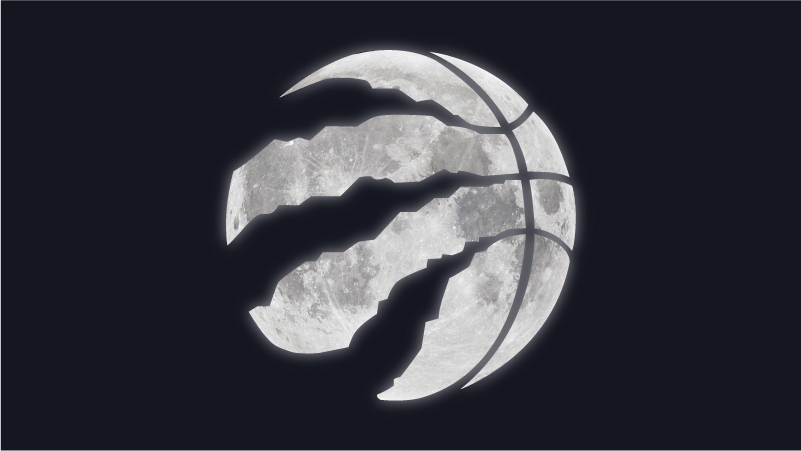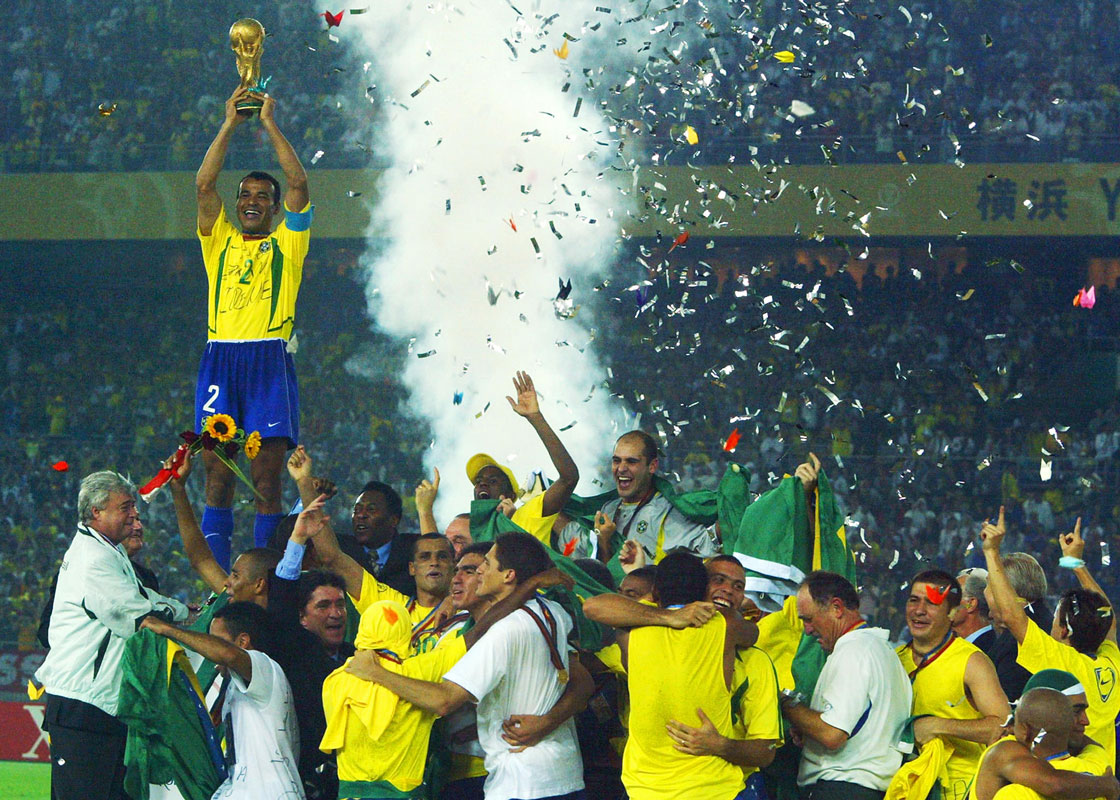There’s a litany of odds-makers out there at the moment providing betting lines and advice on who the smart money is on to win FIFA’s World Cup, which gets under way in a couple of weeks in Brazil. And then there’s Goldman Sachs’ take.

Yes, Wall Street’s most exalted (and vilified) investment bank published Wednesday its own predictions on how the preeminent soccer (or football) contest on Earth will play out this go-round.
According to Goldman, home side Brazil is the overwhelming favourite with a near-unassailable probability of victory of 48.5 per cent.
Its closest rival is Argentina at 14.1 per cent, followed by Germany at 11.4 per cent.
Reigning champs Spain are given a 9.8 per cent shot at winning the 2014 tournament, while England is accorded a meagre 1.4 per cent shot at claiming the title.
READ MORE: Complete coverage of the 2014 World Cup in Brazil
Odds-makers elsewhere also see Brazil being crowned the ’14 champions, but the betting line is not nearly as decisive.
Here are the odds for all 32 teams in Rio (Canada failed to qualify, for those wondering).
This is how Goldman, which for better or worse employs some the sharpest mathematical minds on the planet, sees the knockout rounds playing out:
If you’re the inquisitive type and require at least some explanation on how the U.S. investment bank arrived at its findings, Goldman offers up this comment on methodology:
“The predictions for each match are based on a regression analysis that uses the entire history of mandatory international football matches—i.e., no friendlies—since 1960. This gives us about 14,000 observations to estimate the coefficients of our model. The dependent variable in the regression analysis is the number of goals scored by each side in each match. Following the literature on modelling football matches, we assume that the number of goals scored by a particular side in a particular match follows a Poisson distribution.”
Clear? Clear. The bank has produced World Cup predictions before, but this is its most scientific approach to date, it says. According to its previous World Cup reports, Goldman used some guesswork to foresee the four countries it believed would make the semi-finals.
In each of the last two tournaments, in 2010 and 2006, was right half the time – correctly guessing two of the four semi-finalists.
In 2002, however, it failed to predict even one. Coincidentally, it was Brazil who won.





Comments